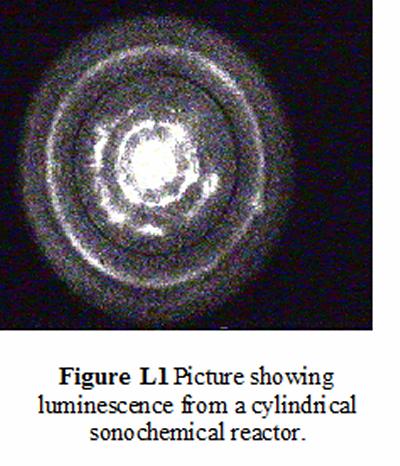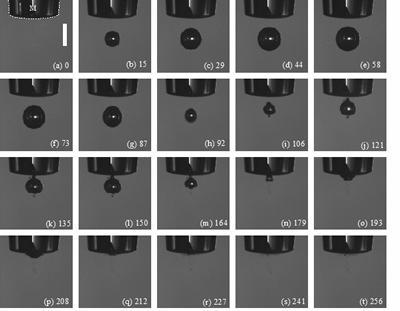Research project: Birkin: Luminescence and High speed Imaging
We have investigated a number of sonochemical reactions within a simple sonochemical reactor. In order to understand the results obtained from sonochemical experiments it is vital that a well-controlled acoustic environment is maintained.

